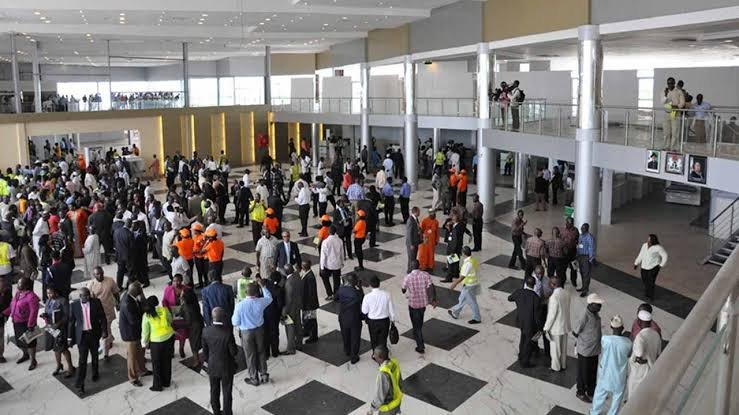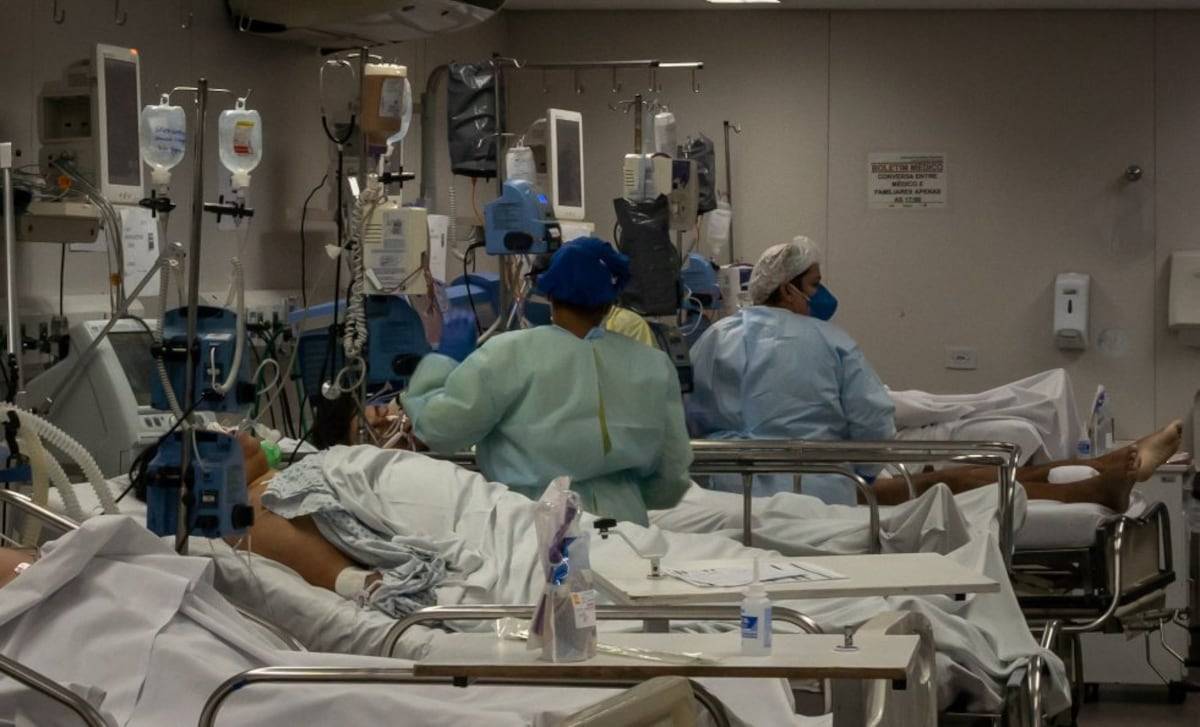By Oliver Azi
In Nigeria, the aviation industry is regulated by various laws and regulations. Passengers also have rights that are rightly protected by the laws and regulations.
The primary laws that govern the aviation industry in Nigeria are the Civil Aviation Act 2022 (CAA) and the Nigerian Civil Aviation Regulations 2015 (NCAR), with other ancillary legislation.
Passengers Right: The Nigerian Civil Aviation Regulation’s Part 19 (which would herein be referred to as “NCERs”) states, among other things, that passengers have the right to refund and compensation in the event that their flight is delayed or cancelled as stipulated in s. 19(8) NCERs.
Cancellation of flight is provided for by the provision part 19(7) NCERs.
The provision of part 19.7.1(iii) of the NCERs justifies this assertion and made provision for where flight has been cancelled and the applicable remedy:
(iii) In respect of domestic flights, have the right to compensation by the operating air carrier in accordance with Section 19.10 unless they are informed of the cancellation at least twenty-four hours before the scheduled time of departure
The Supreme Court made a pronouncement on the liability of airline to its passengers or customers in the case of Harka Air Serv. Nig. Ltd v. Keazor (2011) 13 NWLR (Pt. 1264) 320 where it held that:
An airline’s liability to its passengers or customers could arise as a result of:(a) injury sustained on board an aircraft; (b) or death arising from the course of a journey; (c) damage to or loss of goods; or (d) delayed or denied boarding; or interactions in the course of preparing for(e)or the actual conduct of flight operations.
Also, the court in Emirate Airline v. Ngonadi (2014) 10 NWLR (Pt. 1413) 506 held further that:
Airlines can incur liability for delayed or denied boarding. In this case, the appellant was clearly in breach of the contract with the respondent when it refused to board her in the aircraft on 17th December 2007.
The respondent was right in contending that the refusal of the appellant to carry her in the said flight was a breach of a fundamental term of the contract of carriage, the appellant having failed to show a valid reason for denying the respondent boarding.
The appellant adduced no justifiable reason for its refusal to board the respondent.
It is important to be aware that Part 19 of the Nigerian Civil Aviation Regulation covers all travelers leaving from any airport in Nigeria, travelers arriving in Nigeria from another country, and travelers on international airlines having layovers in Nigeria.
Right to Compensation: The regulation is not silent with regards to compensation accrued to a passenger where a flight has been cancelled or delayed; it provides in part 19.8.1 of the NCERs states eloquently that: 19.8.1.
Where reference to compensation is made in this section, passengers shall receive at least (i) 25% of the fares or passenger ticket price for all flights within Nigeria. (ii) 30% of the passenger ticket price for all international flights.
Hence, by the forgoing, a matrimony of the regulation and decided cases, it will show that an airline is liable where it cancels or delays the flight of a customer arbitrarily; however, where notice is been given at least 24 hours before the cancellation of the flight in domestic cases, the such cancellation is justified. Furthermore, the regulation makes provision for compensation to be accorded to the passenger over the said cancellation.
Legal Framework for Airline Operation in Nigeria: The Constitution of the Federal Republic of Nigeria 1999 (as amended) (“Constitution”) places aviation matters within the exclusive jurisdiction of the National Assembly.
The National Assembly re-enacted the principal legislation governing the aviation industry, which is the Civil Aviation Act 2022 (“CAA 2022”). The CAA 2022 recognizes that the Federal Ministry of Transportation is responsible for the formulation of policies and strategies for the industry.
In addition, the CAA 2022 retained the Nigerian Civil Aviation Authority (“NCAA”), which was originally established by Decree 49 of 1999, as the regulator for technical and safety issues in the industry.
The NCAA is empowered under the CAA 2022 to make regulations on various issues including aircraft registration, air navigation services, airworthiness standards, aviation safety and security, commercial air transport, personnel licensing, aerodrome and airspace standards, and the provision of allied aviation services.
The NCARs 2015 made pursuant to the now repealed CAA 2006 remain in force.
The CAA 2022 did not retain the Accident Investigation Bureau (“AIB”). Instead, the AIB has now been re-established and renamed the National Safety Investigation Bureau (“NSIB”) under the new National Safety Investigation Bureau Act 2022 (“NSIB Act”).
Unlike the AIB which could only investigate accidents and incidents arising out of or during air navigation in or over Nigeria, or occurring to Nigerian-registered aircraft elsewhere, and/or where the interest of Nigeria is involved, the NSIB can, also, investigate accidents and incidents in the maritime, rail, and road industries.
Primarily, the CAA 2022 and the NCARs 2015 govern air safety in Nigeria, which is administered by the NCAA. Part 20 of the NCARs 2015 addresses the safety management requirements in conformity with the standards and recommended practices of the International Civil Aviation Organisation (“ICAO”).
Nigeria also subscribes to the standards and recommended practices of the Banjul Accord Group Aviation Safety Oversight Organisation for regional safety.
Other legislation includes: The Federal Airport Authority of Nigeria Act 1996, which creates the Federal Airport Authority of Nigeria (“FAAN”) that, is responsible for the development, provision and maintenance of airports and associated services.
The Nigeria Airspace Management Act 1999, which establishes the Nigerian Airspace Management Agency (“NAMA”) that is responsible for air traffic services, airspace management, aeronautical telecommunications, etc.
The Warsaw Convention 1929, which was domesticated as a Nigerian law by the Carriage by Air (Colonies, Protectorates and Trust Territories) Order 1953, Vol. XI, Laws of the Federation of Nigeria and Lagos, 1958, as amended by the Hague Protocol, is part of the existing Laws in Nigeria pursuant to section 315 of the Constitution of the Federal Republic of Nigeria, 1999, as it has not been repealed by any law or declared invalid or incompetent by any court of competent jurisdiction as seen in the case of Ibidapo v. Lufthansa Airlines (1997) 4 NWLR (Pt.498) 124 and the case of Harka Air Serv. Nig. Ltd v. Keazor (2011) 13 NWLR (Pt. 1264) 320.
Conclusively, by virtue of the preceding argument in this work, it is eloquently clear that passengers have a right to be notified as well as a right to compensation where this right was not actualized in event of air travel transaction.
Also, this work has reflected the legal framework that governs the aviation industry in Nigeria.
•Azi, a final year law student at the University of Jos can be reached via oliverazi20@gmail.com














